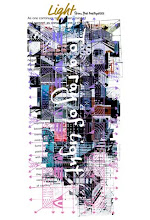People in a monetary society often buy their food at supermarkets and convenience stores. As a result, it is commonplace to eat vegetables, meat, and processed foods that contain pesticides, food additives, and white sugar.
Food additives include, for example, yeast food, shortening (vegetable oil and fat), coagulants, flavors, emulsifiers, pH adjusters, expanders, sweeteners, colorants, preservatives, thickening stabilizers, antioxidants, and anti-fungal agents. These are used "to make food look good", "to make it keep for a long time", and "to make it taste good", with the aim of making consumers like, buy, and benefit from them.
White sugar is transported to the bloodstream within a short time after eating, causing a rapid rise in blood sugar levels. If this is repeated, the body will eventually produce less insulin to lower the blood sugar level, making it easier to develop diabetes.
If you grow pesticide-free vegetables in a vegetable garden near your house, you can harvest them there and eat them fresh right away. This would be the simplest, fastest, and least stressful form of eating. However, when the conditions of mass production, long-distance transportation, long-term storage, and consumer acquisition are added, as in a monetary society, the food is transformed into food that is far from its natural state, containing pesticides, food additives, and sugar. Then stress, overeating, picky eating, lack of exercise, overwork, smoking, and excessive drinking intertwine to form lifestyle-related diseases such as obesity, diabetes, hypertension, cancer, and stroke.





0 コメント